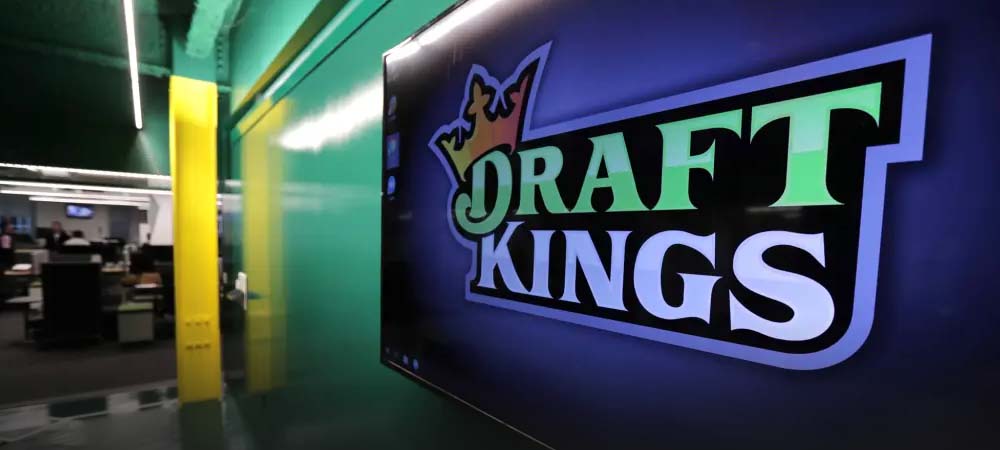- DraftKings will implement a surcharge on bettors’ winnings in four states with higher-than-average tax rates on sports betting.
- Critics argue that the surcharge undermines transparency and that changing odds is better than integrating a surcharge.
NEW YORK – Starting January 1, 2025, DraftKings will introduce a surcharge on winning bets for customers in Illinois, New York, Pennsylvania, and Vermont. The new fee, ranging from 2% to 5%, is aimed at states with legal sports betting that have high tax rates.
Paying 30% of revenue in Vermont, 36% in Pennsylvania, 20% to 40% in Illinois, and 51% in New York, DraftKings CEO Jason Robins stated that the surcharge is essential for maintaining profitability and staying competitive.
“It’s really fairly nominal, and it makes a huge difference in our ability to make a reasonable margin and also, more importantly, to compete…,” said Robins.
DraftKings maintains that recreational bettors are unlikely to be deterred by the surcharge. However, additional fees could deter casual gamblers who favor straightforward pricing.
Further, the introduction of hidden surcharges may push users toward legal sports betting competitors with clearer and more predictable cost structures.
Industry Reactions
RSI (Rush Street Interactive), a notable competitor, has opted against implementing such surcharges. This decision could be a strategic effort to capture market share from larger firms like DraftKings, especially during NFL betting events like the start of the season.
The impact of DraftKings’ surcharge will differ significantly by state. For New York sportsbooks, where the tax rate is a flat 51% and no promotional deductions apply, applying the surcharge may be a rational approach to offset the high taxes. Meanwhile, Illinois sportsbooks, which has a graduated tax rate and no promo deductions, RSI’s decision to avoid surcharges could offer a competitive edge.
Moving Forward
Still, critics argue that the surcharge undermines transparency by adding fees to winnings after bets are placed, which could erode trust and drive users to competitors with clearer pricing. Additionally, the legal feasibility of such surcharges may vary by state, with some regulators potentially opposing the move.
FanDuel will be closely watched for its response to DraftKings’ decision. Its forthcoming Q2 report may indicate whether it will adopt similar surcharges or offer alternatives. The broader industry’s response will be crucial in shaping the future of sports betting fees.
Advertising Disclosure
In order to provide you with the best independent sports betting news and content LegalSportsBetting.com may receive a commission from partners when you make a purchase through a link on our site.
News tags: DraftKings | FanDuel | Illinois | New York | Pennsylvania | surcharge | Vermont

After spending time scouting college basketball for Florida State University under Leonard Hamilton and the University of Alabama under Anthony Grant, Michael started writing focused on NBA content. A graduate of both schools, he now covers legal sports betting bills, sports betting revenue data, tennis betting odds, and sportsbook reviews. Michael likes to play basketball, hike, and kayak when not glued to the TV watching midlevel tennis matches.



 College Football Betting
College Football Betting Best Online Sports Betting
Best Online Sports Betting Best Legal NFL Betting
Best Legal NFL Betting States With Legal Sports Betting
States With Legal Sports Betting Sports Betting Events
Sports Betting Events




